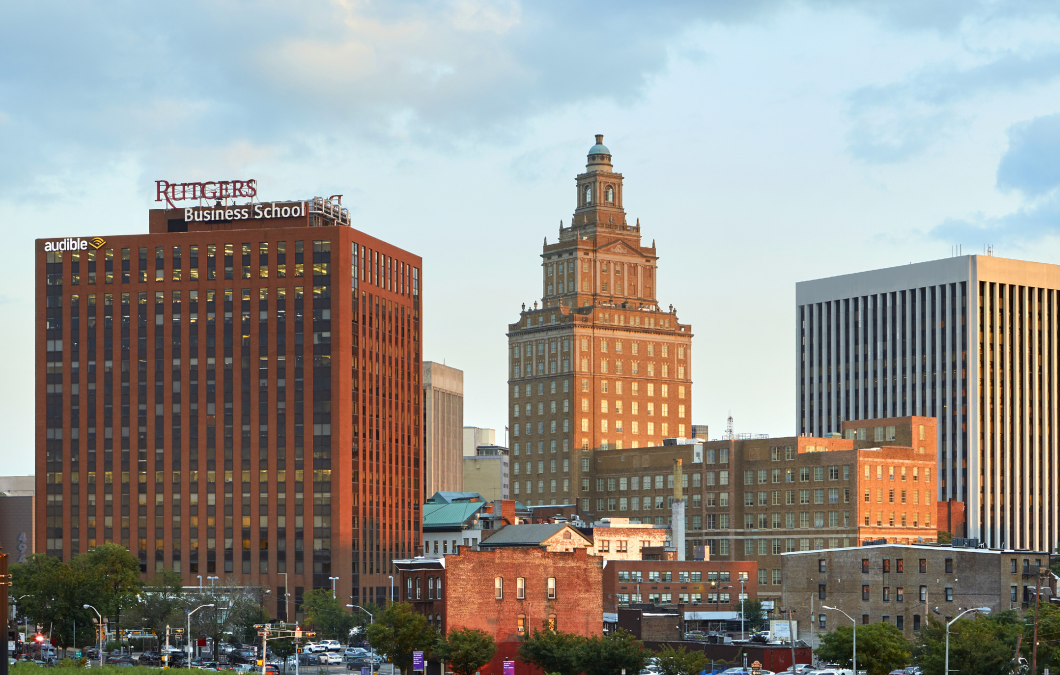Surprisingly, the most interesting part about Audible’s story isn’t its meteoric rise to success, but rather, its dedication to social causes like structural inequality and food insecurity. Katz chose to move Audible to Newark in 2007, an usual move at the time. “Audible realized we could address structural inequality, particularly in American cities, if we moved in […] and decided to embrace the comeback of one of the greatest American cities, which is Newark,” the founder explains in in a video for NJ Spotlight News.
This belief became one of the brand’s core corporate principles: “We work to improve the lives of those in the cities and countries in which we operate, because Audible seeks to exemplify what a company can mean beyond what it does. We believe in giving people a chance, and we work to make this so, particularly in the urban core. Our focus on education innovation and urban economic and social renaissance is about advancing equality, and this mission should inform and inspire our days.”
In addition to employing over 1700 people from the area, Audible has become one of the city’s leading cheerleaders, encouraging other large businesses to relocate through their early-stage venture capital fund: Newark Venture Partners. The fund has 82 companies in their portfolio from around the world, and encourages them to base their headquarters in Newark, which is just 20 minutes away from Manhattan (and a fraction of the price).
“Newark is a fragile city on an amazing comeback track, and, as with other cities, it has historically structural challenges based on inequality and structural racism,” Katz explains in the same video. “It’s time to wake-up to how much these cities need us, particularly corporations that are healthy enough to be part of the solution.”
By investing in Newark, emotionally and financially, Audible is partly responsible for the city’s emerging renaissance. The company and the city have become inextricably linked – and it’s all for the better. For Audible, hiring residents (all of their paid interns are from Newark) has paid off immensely. Just look at their Customer Care Group. Many members of that team were previously unhoused, without college or even high school degrees. But Audible invested in them and gave them the right training, and now the department boasts a 96% customer satisfaction score. For Katz, providing these incremental jobs and giving people a chance is a model that works.
Because of their close connection to the community, Audible was immediately aware of the dangers of COVID-19, including food shortages, unemployment and restaurant closures. Thinking on a macro-scale, the team realized that city’s restaurants needed to be saved. In addition to their vital role as employers, restaurants also add an important chemistry to the city – without them, Newark would be less attractive to new companies, which translates to less revenue for the city.
So in response to the COVID-19 pandemic, Audible launched Newark Working Kitchen. The program pays restaurants to cook meals for low-income seniors and the unhoused, keeping the community fed and the restaurants open. So far, they have provided 685,000 meals and kept 24 local restaurants in business. The program now has the support of local government and independent donors.
Audible has also recently announced a plan for a new Global Center for Urban Development, to bring together all of their community work and aspirations, and make these best practices available in cities everywhere. Audible is a shining example of what corporations, at their best, can be.

